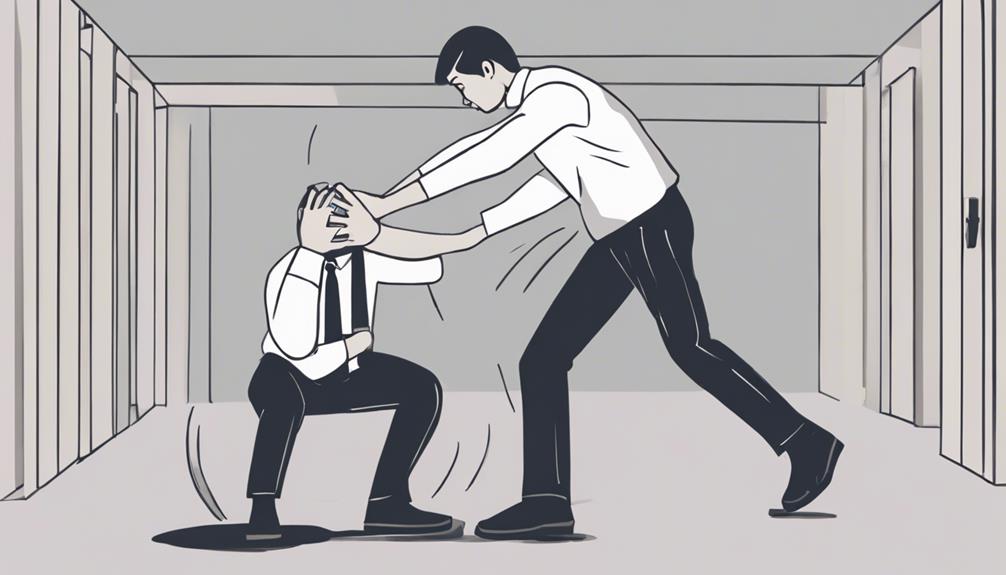3 things hypnosis cannot do , well hypnosis cannot erase memories, control others’ actions, or completely eliminate physical pain. While it can alter perceptions and reduce suffering by redirecting focus, it doesn’t grant the ability to erase memories or force people to act against their will. Hypnosis focuses on enhancing suggestibility and encouraging new perspectives, not on commanding actions. Additionally, while it can help manage pain through relaxation and attention redirection, it cannot provide absolute relief. These limitations show that hypnosis has boundaries in its effects on memory, actions, and pain perception.
Limit Physical Pain

Hypnosis has shown potential in limiting physical pain through its ability to alter sensory perceptions and modulate pain pathways in the brain. Research indicates that hypnosis can effectively reduce anxiety levels in individuals experiencing chronic pain, leading to an overall improvement in their pain tolerance.
By inducing a state of focused attention and relaxation, hypnosis can help individuals better manage their pain and enhance their ability to cope with discomfort.
Moreover, hypnosis has been found to improve focus, allowing individuals to redirect their attention away from the sensation of pain towards more positive and relaxing experiences. This shift in focus can lead to a decrease in the perceived intensity of pain, providing individuals with a sense of control over their physical discomfort.
Control Others’ Actions
The ability to influence and manipulate the actions of others through psychological techniques has long been a subject of interest and debate in various fields of study. Hypnosis, despite its powerful effects on the mind, does not grant individuals the ability to control the actions of others directly.
While hypnosis can influence decisions and change beliefs in a person undergoing the process, it cannot extend this influence to dictate or control the actions of another individual.
Hypnosis works by altering a person’s state of consciousness, leading to increased suggestibility and openness to change. This heightened suggestibility can indeed impact decision-making processes and belief systems, encouraging individuals to adopt new perspectives or behaviors. However, it does not provide the hypnotist with the power to command others to act against their will or inherent nature.
Erase Memories

One of the interesting aspects often associated with the concept of altering memory retention through psychological means has attracted attention in various academic and clinical settings. While hypnosis is a powerful tool for addressing various psychological issues, it is important to note that it cannot erase memories. Memories are complex neural connections in the brain that are not easily undone. Research suggests that memories are not stored in a single location in the brain but are distributed across multiple regions, making the idea of erasing them through hypnosis highly improbable.
Hypnosis can be used to enhance memory recall or to help individuals cope with traumatic memories, but the idea of completely erasing memories is beyond its capabilities. Moreover, altering memories in a way that could potentially alter personality traits or improve memory function goes against ethical principles and could have unintended consequences. As a result, when considering the limitations of hypnosis, it is important to recognize that while it can be a valuable therapeutic tool, erasing memories is not within its scope of practice.
3 things hypnosis cannot do in conclusion
To sum up, hypnosis has its limitations despite its potential therapeutic benefits. It cannot effectively limit physical pain, control the actions of others, or erase memories.
While hypnosis may be a useful tool for certain individuals seeking to address specific issues, it is important to recognize its boundaries.
As the saying goes, ‘You can’t teach an old dog new tricks,’ and similarly, hypnosis cannot completely alter certain aspects of human experience or behavior.
Dr. John Renoldson is a distinguished professor of Clinical Research Hypnotherapy He holds a PhD in Clinical Psychology and specializes in hypnotherapy and scientific research to enhance therapeutic outcomes. Dr. Renoldson has authored numerous peer-reviewed articles on the efficacy of hypnosis in treating conditions.




